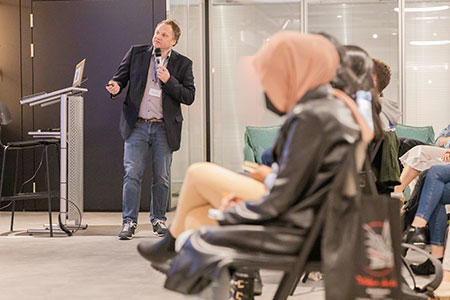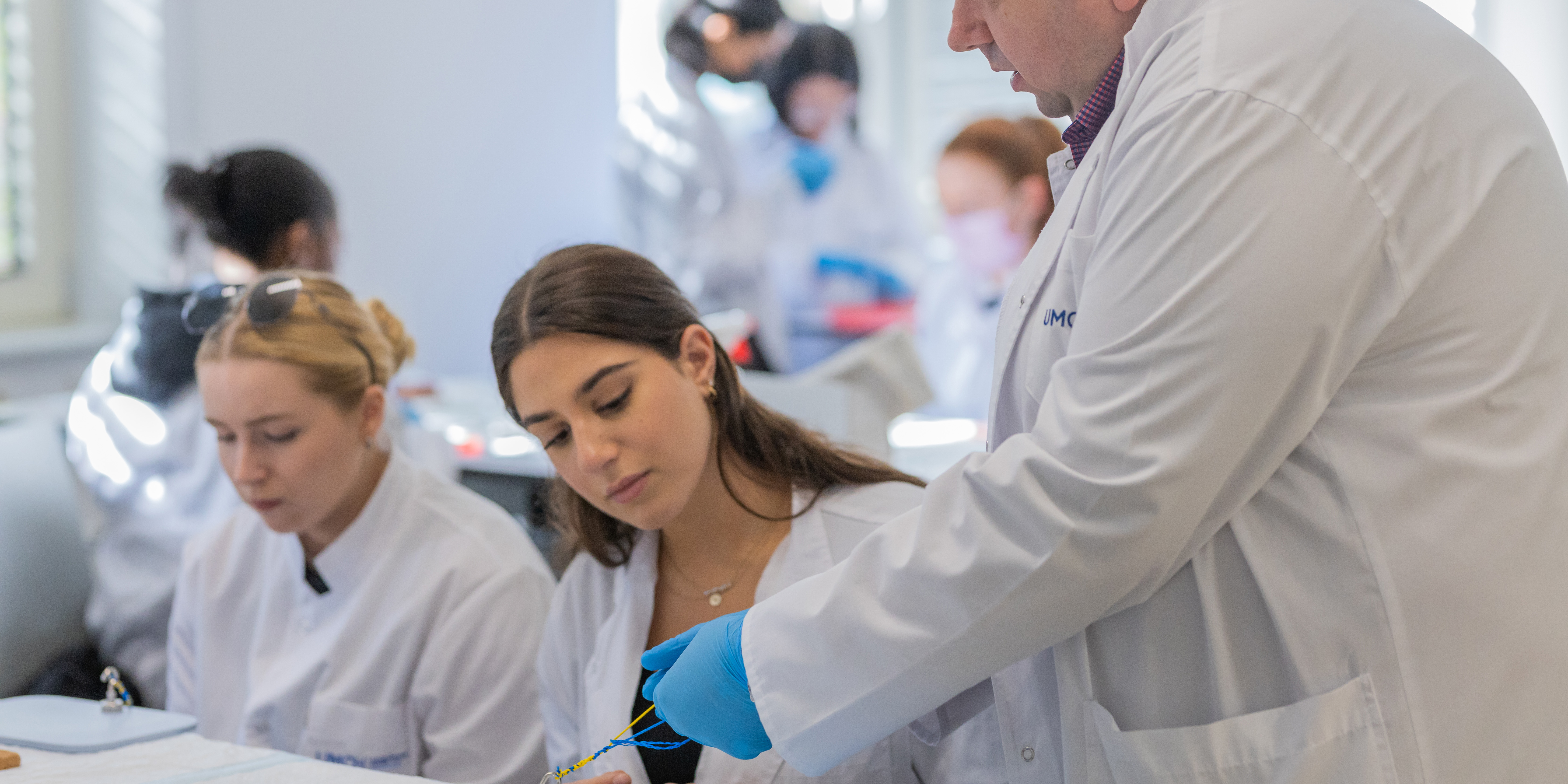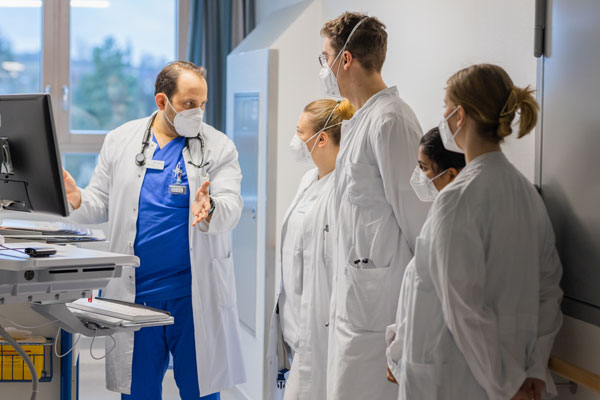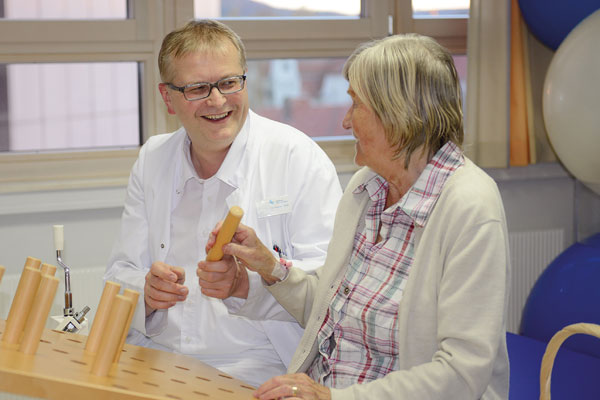Werra-Meissner Clinic
Number of beds:
500
Year of founding:
2010
Employees:
> 1.000

Departments
-
- General and Visceral Surgery
- Geriatric Medicine / Geriatrics
- Anesthesia and Surgical Intensive Care Medicine
- Gastroenterology
- Obstetrics
- Gynecology
- Internal Medicine
- Cardiology and Internal Intensive Care
- Neurology
- Orthopedics and Trauma Surgery
- Pneumology, Respiratory and Sleep Medicine
- Psychiatry and Psychotherapy
- Radiology
- Pain Therapy
- Central Emergency Room
About
The Werra-Meissner Clinic is a municipal hospital in northern Hesse with two locations: Eschwege and Witzenhausen. Around 19,000 inpatients and 36,000 outpatients are treated here every year. With more than 1,000 employees, it provides basic and standard medical care in the Werra-Meissner region. The hospital site in Eschwege has 15 specialist departments – from General and Visceral Surgery, Cardiology and Internal Intensive Care Medicine to Pneumology, Respiratory and Sleep Medicine. Particularly noteworthy is the Department of Psychiatry and Psychotherapy, which provides psychiatric and psychotherapeutic care for the Werra-Meissner district’s population, with more than 100,000 inhabitants. In addition, two certified interdisciplinary centers belong to the hospital: an Obesity Center and a Vascular Center. The hospital’s range of services is supplemented by other treatment offerings – both for inpatients and outpatients. For example, the Werra-Meissner Clinic has a Urology and an ENT department as well as offers from the fields of Physiotherapy, Physical Medicine and Occupational Therapy. During their practical training in the clinic, the students therefore have the opportunity to gain an insight into various specialist departments and become familiar with medical practice.
Follow our Students | Bedside Teaching at Werra-Meissner Clinic in Eschwege
In this video, we accompany UMFST-UMCH students in their 3rd year of study on a typical working day during their bedside training at the Werra-Meissner Clinic in Eschwege. In the process, they give us insights not only into practical activities such as operations, where they get to be hands-on themselves, but also into the apartments where they live during their clinical-practical training.
News














































